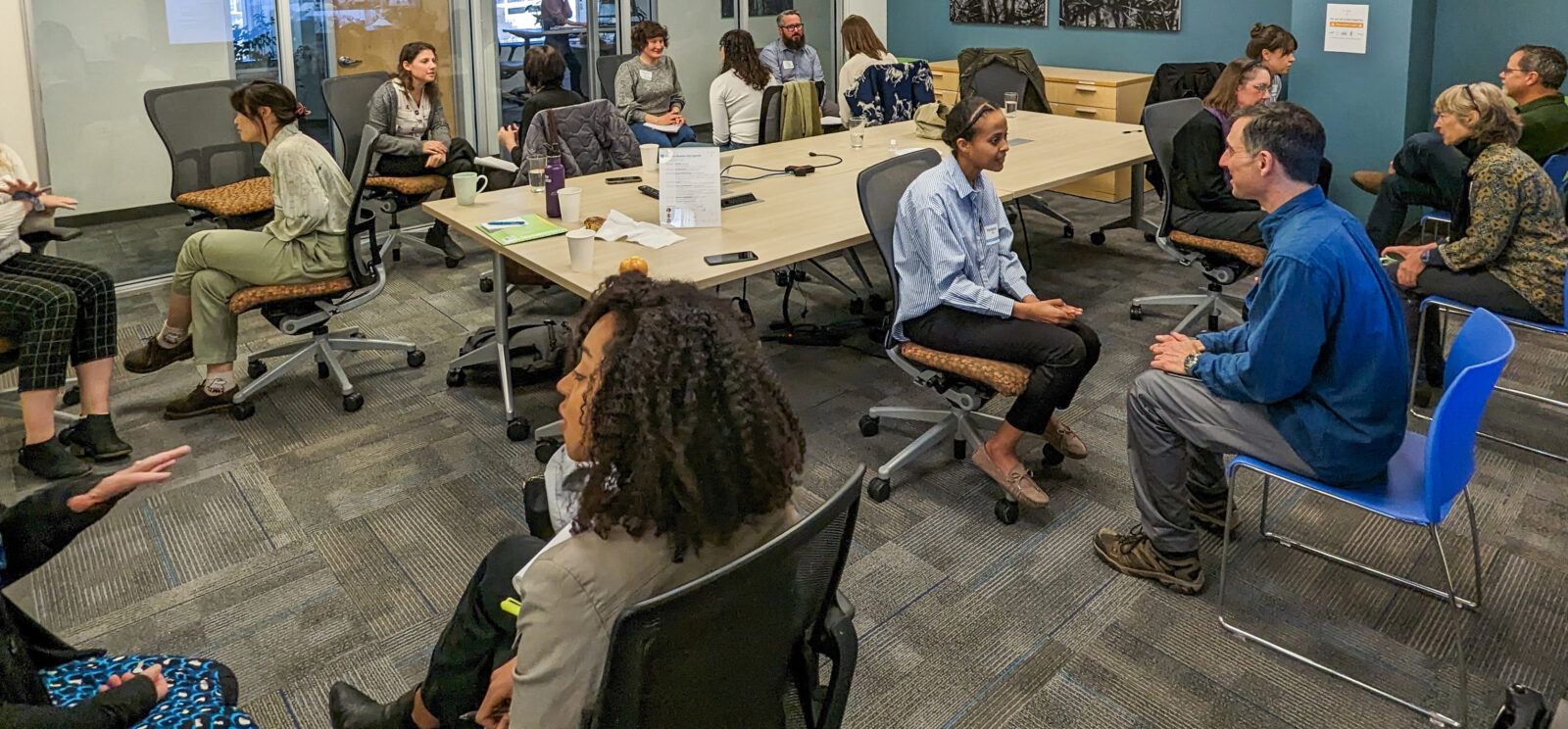On a recent morning this February, thirteen college students and recent college graduates gathered over Zoom to get an immersive, overarching view of what it means to work in the environmental field, meeting biologists, restoration ecologists, environmental planners, regulatory compliance experts, technology specialists, and many other professionals during Environmental Science Associates’ job shadow day.
As part of ESA’s Educational Outreach and Intern (EOI) Program, the virtual event connected participants from youth and young-adult-centered professional development organizations Civic Spark and the Ocean Discovery Institute, and universities UC Santa Cruz, University of Washington, and University of Guam, with 23 of ESA’s employee owners to learn about their professions and the variety of roles that comprise an environmental consulting firm.
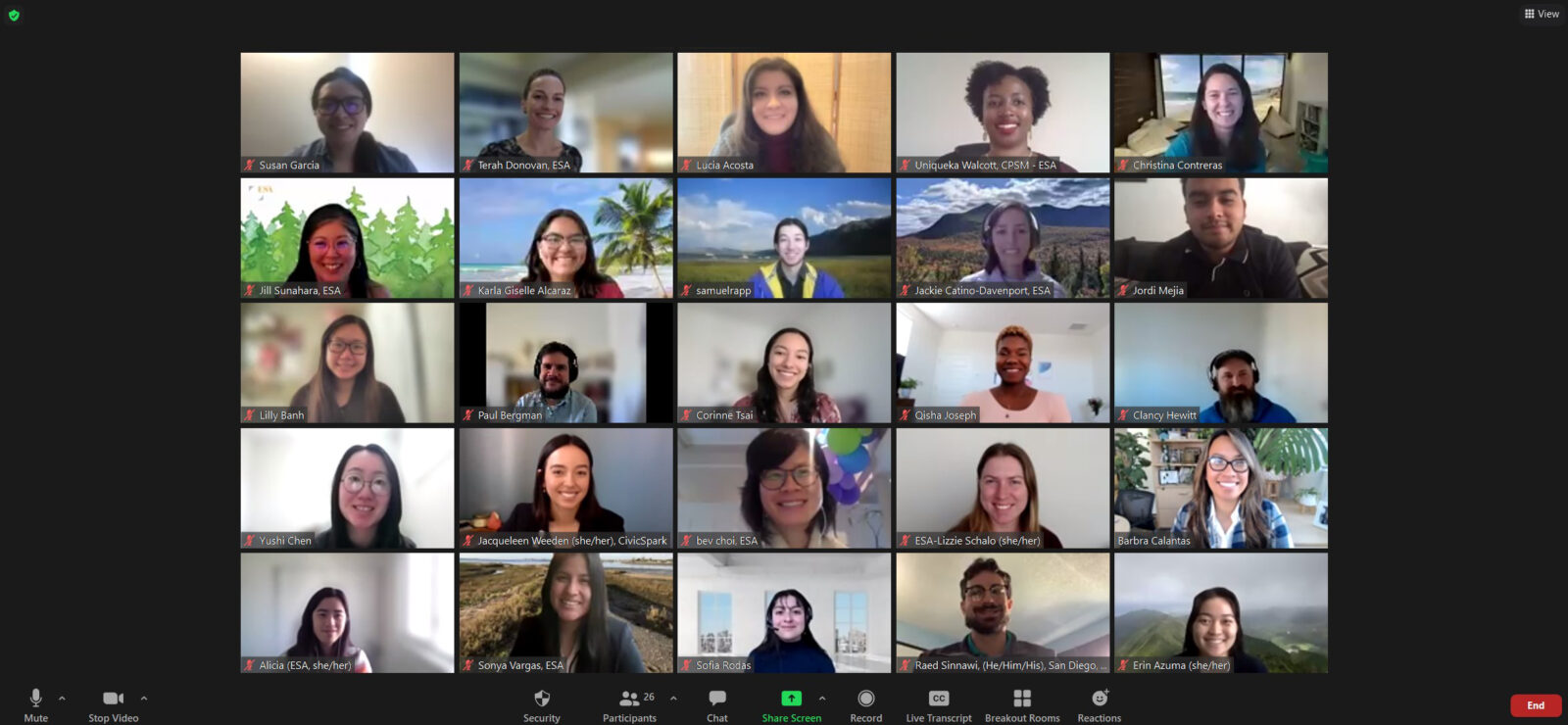
Participants were introduced to ESA’s environmental services, learned about the firm’s practices and markets during three 10-minute rounds of speed networking, and were paired with industry professionals based upon their career interests for a 45-minute one-on-one job shadow.
Throughout the amicable one-on-one meetings, ESA professionals shared how they entered the industry and talked about the types of clients and projects they work with, offering participants a unique glimpse into these professions as they consider their career pursuits. Fish and Aquatic Science Manager Paul Bergman, who participated for the first time this year, shared his personal career experiences with Civic Spark attendee Sofia Rodas and advised her about the many types of paths that can lead to a career in fisheries science, which she is interested in pursuing.
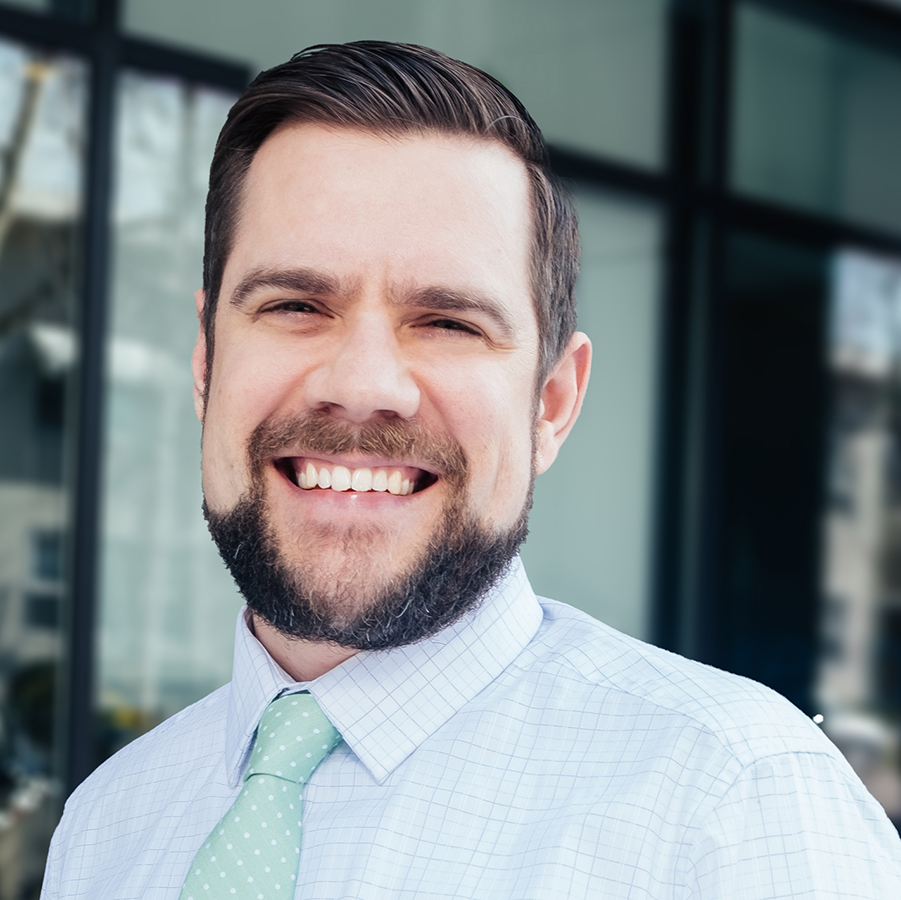
“I think it is critical that those of us already along in our careers provide any assistance we can to the next generation, particularly for those who don’t have access to the insider knowledge not afforded to everyone.”
Paul Bergman, Fish and Aquatic Science Manager
“I think it is critical that those of us already along in our careers provide any assistance we can to the next generation, particularly for those who don’t have access to the insider knowledge not afforded to everyone,“ he said. “Directly connecting with students and young adults makes it easier to see how smart and capable and willing these next-gen professionals are, and provides more motivation to work even harder to make new hires and be part of the change.”
Many participants remarked that the program helped make the environmental field feel less narrow, such as Civic Spark attendee Corinne Tsai, who met with Community Planning Program Manager Beverly Choi about her interests in environmental planning and climate change resiliency.
“(Beverly) gave me greater insights into the environmental and community planning process, and the next steps I can take to launch a career in this space,” she said.
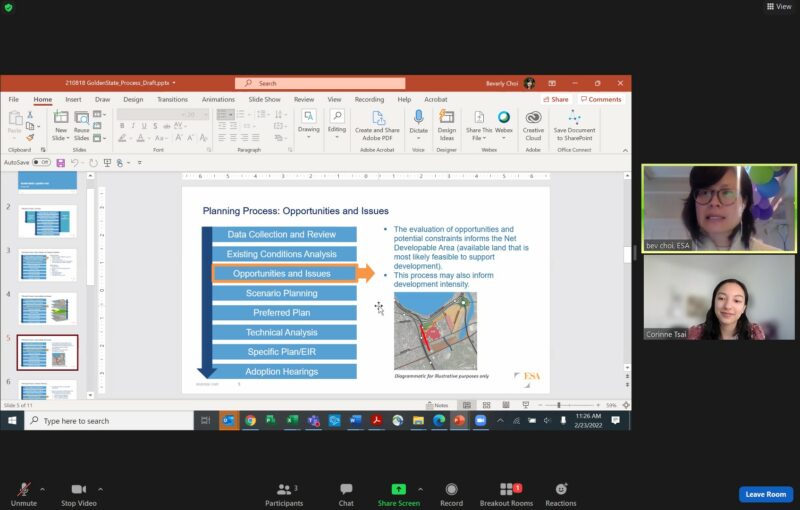
Now in its third year, the morning event was initiated by Southern California Biological Resources Director Barbra Calantas, who founded the Environmental Professional Diversity Collective (EPDC), a San Diego–based program that seeks to provide more career opportunities for candidates from traditionally underrepresented communities and expand diversity, equity, and inclusion (DEI) in the environmental industry.
“These virtual job shadow days are important because we open the door to BIPOC participants to learn about the environmental/planning field and connect them with professionals to learn about our career paths and what we do in our day-to-day activities. “It’s a simple way to diversify the pipeline of candidates for our greater industry, and gives an opportunity for ESA employee-owners to become engaged in our communities,” said Barbra.
Barbra also points to the wide discrepancy in diversity of college graduates entering into the field. A 2019 report from DATAUSA provided a breakdown of the percentage of students who graduate with a degree in environmental science: White (67.3%), Hispanic and Latino (11.9%), Asian (4.64%), Black or African American (2.84%), American Indian, Alaska Native and Native Hawaiian (<1%).
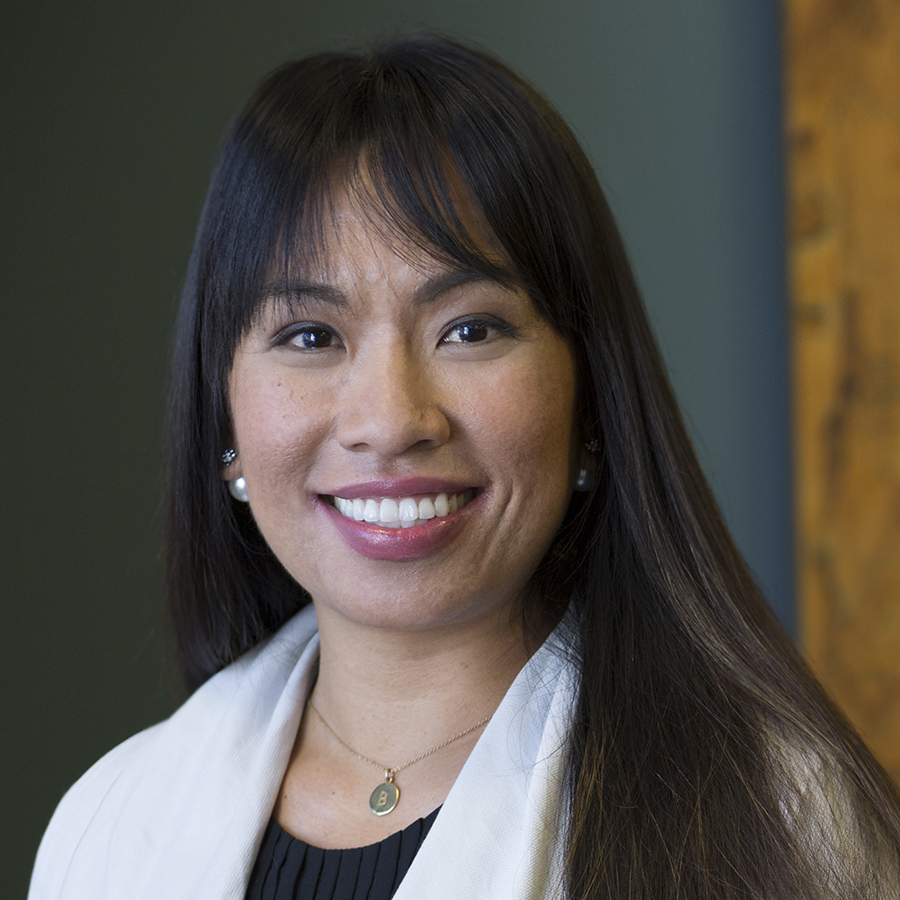
“These virtual job shadow days are important because we open the door to BIPOC participants to learn about the environmental/planning field and connect them with professionals to learn about our career paths and what we do in our day-to-day activities.”
Barbra Calantas, Southern California Biological Resources Director
Justice, Equity, Diversity, and Inclusion (JEDI) programs such as ESA’s Virtual Job Shadow Day and internships can expose students to the enriching and rewarding career opportunities within the environmental science industry, when they might not have considered the profession or had access to much science, technology, engineering, and mathematics (STEM) curriculum previously. ESA’s job shadow day recruited employee-owners across markets, regions, and specializations to reinforce that there are many opportunities within the field for people with many types of interests and backgrounds.
“The diversity of initial presenters was a big plus for me,” said one participant. Another felt similarly, “I really love the emphasis on equity and growing as a BIPOC professional.”
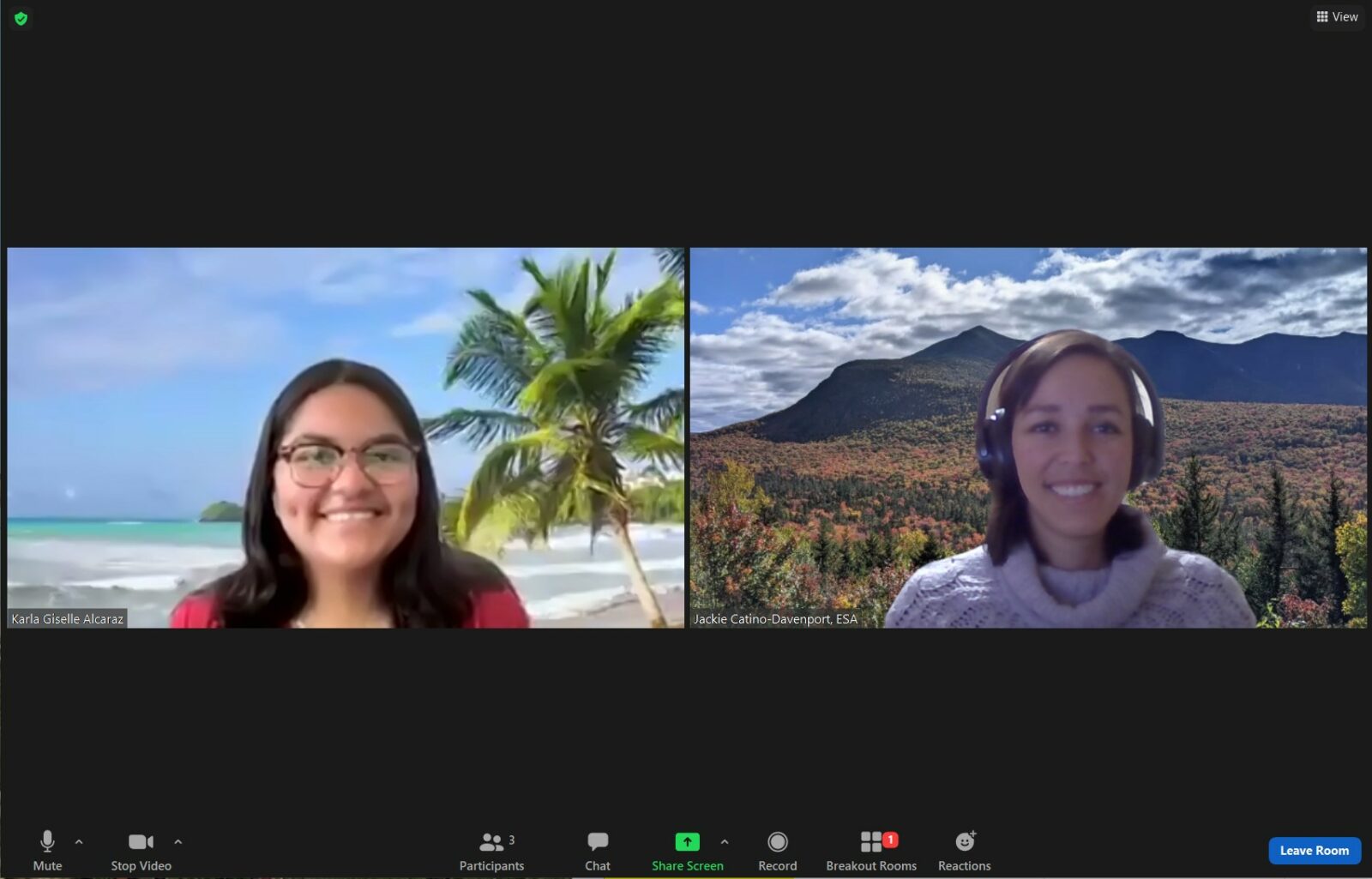
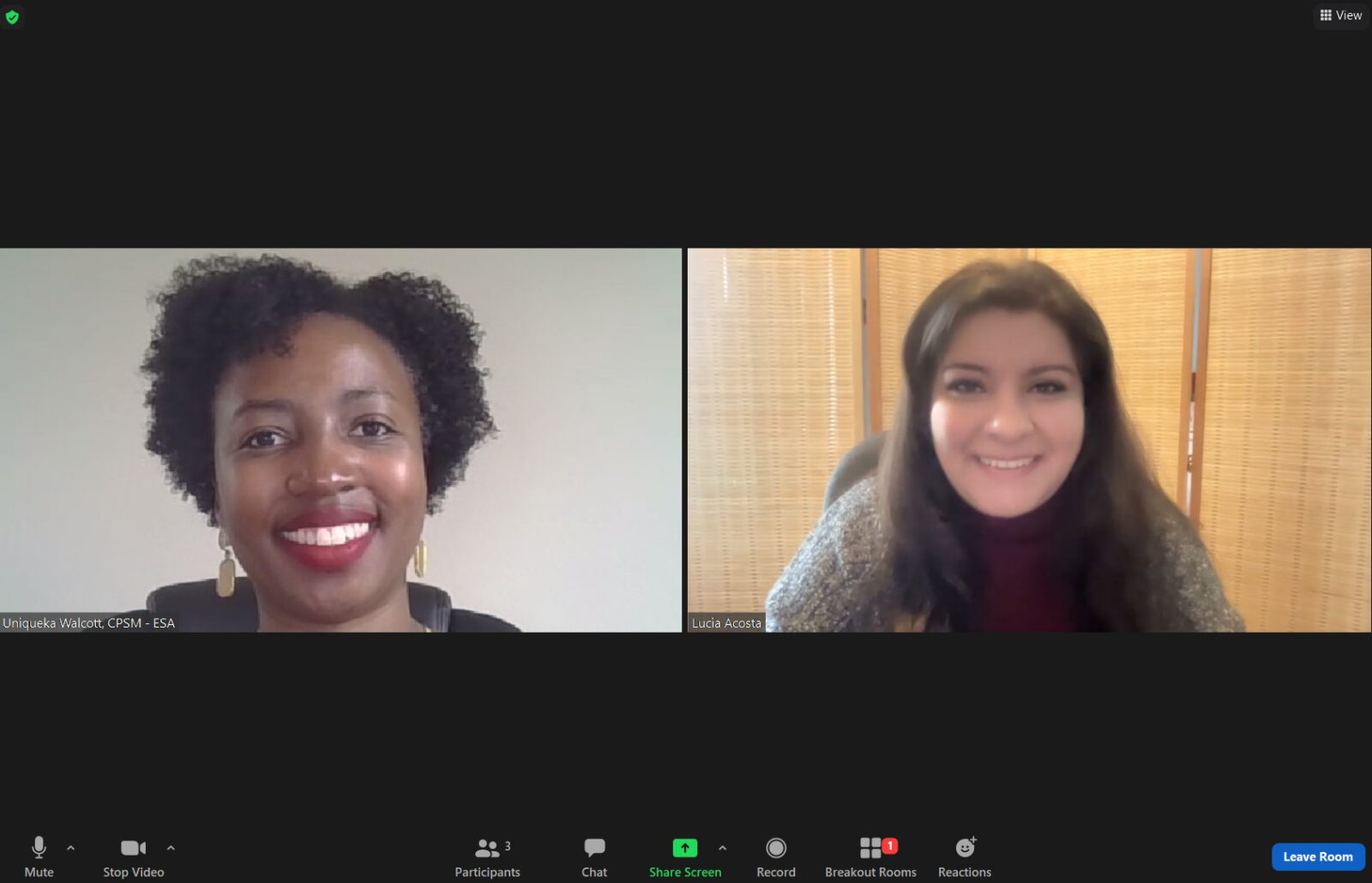
Christina Contreras, a college and career program specialist at the Ocean Discovery Institute, remarked on how programs like these provide young professionals with authentic exposure and insight into working with potential future employers.
“Through networking opportunities like this, not only do participants have a safe space to practice their developing career skills as first-generation professionals, they also have the very real chance to demonstrate their abilities in a way distinct from a formal hiring process, leaving an impression that could lead to a future job opportunity,” she said.
The event is just one of the many ways ESA is committed to furthering and fostering JEDI within the workplace, including establishing a firmwide diversity committee, youth scholarships, and an internship program that provides students with real-world training in the environmental field, many of whom have been hired into the firm.
For more information about ESA’s JEDI work, reach out to Barbra Calantas.

